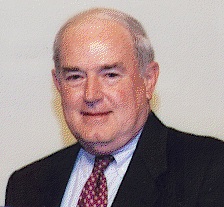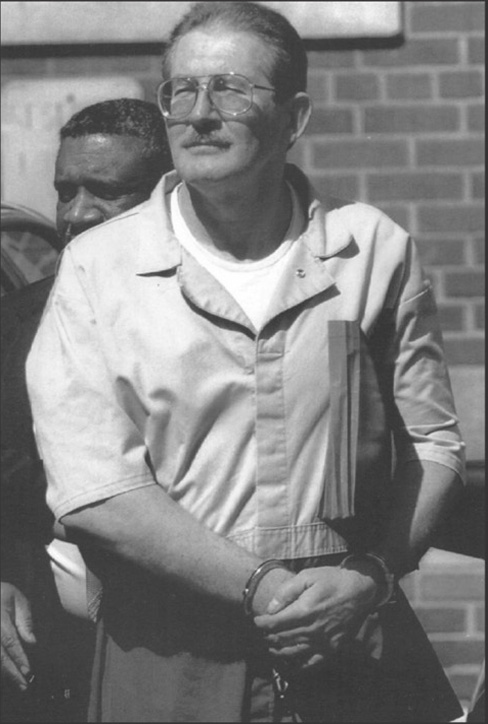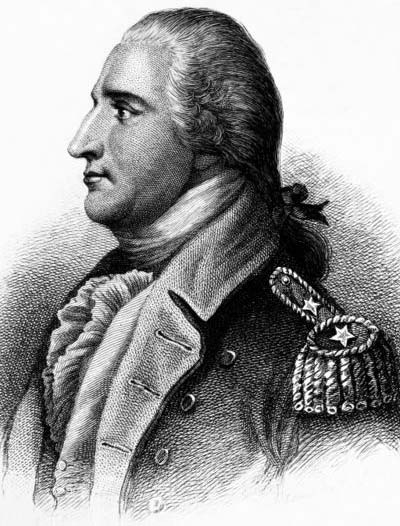Brian Kelley telephoned me shortly after my book, Confessions of a Spy: The Real Story of Aldrich Ames, was published in 1997 and invited me to lunch. At the time, he was working at the CIA and was especially interested in my trip to Moscow where I had met with the KGB (now called the SVR) and also with the relatives of Soviet General Dmitri Polyakov, one of the CIA’s most important assets until he was exposed and executed. 
Soft spoken, intelligent and personable, Kelley impressed me with his knowledge of the Ames case and his questions about Polyakov. I liked him instantly, but didn’t think much about our lunch until August 1999 when I got a telephone call from a friend who worked at the CIA.
“Brian Kelley has been accused of being a Russian spy?” he declared.
 This is because federal prosecutors had notified everyone – Ames’ defense attorneys, the FBI, the CIA, and Justice Department – that Ames was not to be interviewed by the media, except for the officials who mattered the most — the deputies in charge of the jail.
This is because federal prosecutors had notified everyone – Ames’ defense attorneys, the FBI, the CIA, and Justice Department – that Ames was not to be interviewed by the media, except for the officials who mattered the most — the deputies in charge of the jail.





